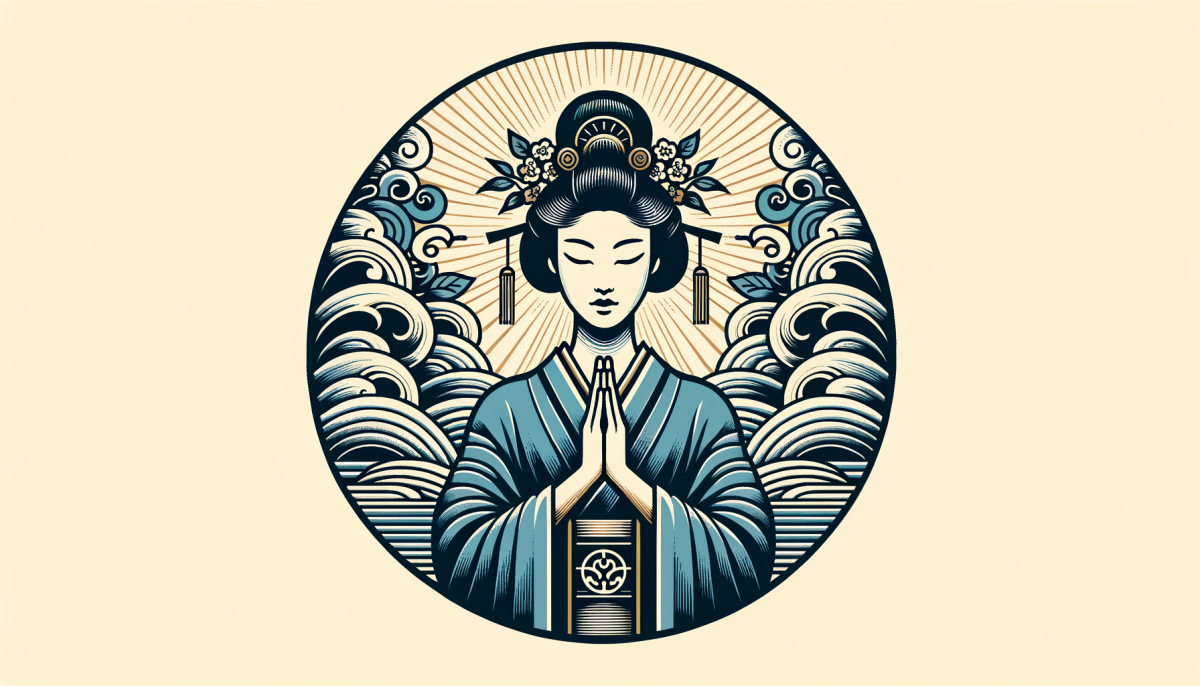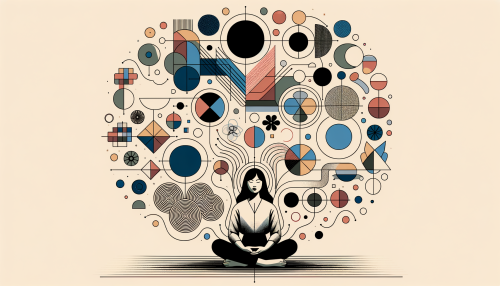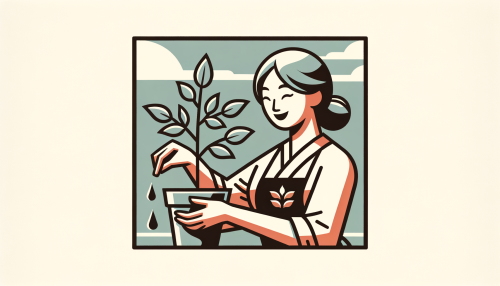Introduction
In the grand tapestry of existence, the thread of gratitude weaves a pattern of profound influence, shaping our well-being in ways both subtle and significant. This article delves into the intricate artistry of gratitude, a seemingly simple sentiment that, when nurtured, blossoms into a potent catalyst for positive change. It explores the profound impact of this humble emotion on our overall well-being, illuminating the transformative power it holds. As we journey through the labyrinth of life, gratitude serves as a beacon, guiding us towards a state of contentment and peace. This exploration of gratitude’s role in our lives is not merely an academic exercise, but a voyage into the heart of what it means to live a fulfilled and meaningful life.
Understanding Gratitude

Gratitude, in its simplest form, is the recognition of the positive things in life and the acknowledgment of how they contribute to our overall happiness and satisfaction. It’s a profound emotion that encourages us to appreciate what we have, rather than constantly seeking more. It’s a shift in perspective, a conscious decision to focus on the good, even when life’s challenges threaten to overshadow it.
The concept of gratitude is multifaceted, encompassing a variety of elements. It’s not just about saying “thank you,” but also about feeling a genuine sense of appreciation. It’s about acknowledging the good in our lives and recognizing that the source of this goodness is often outside of ourselves. It’s about understanding our place in the world and recognizing the interconnectedness of all things. It’s about acknowledging the role of others in our success and happiness, and expressing our appreciation to them.
Gratitude is not a passive state of mind, but an active process of recognizing and appreciating the positive aspects of our lives. It requires us to shift our focus from what we lack to the abundance that’s already present. In doing so, we can foster a more positive outlook on life, which can lead to greater happiness and well-being.
The practice of gratitude can have a profound impact on our well-being. Research has shown that individuals who regularly practice gratitude have lower levels of stress and depression, improved relationships, and increased overall happiness. This is because gratitude helps us to focus on the positive aspects of our lives, which can help to counteract the negative effects of stress and adversity. By acknowledging the good in our lives, we can cultivate a sense of contentment and satisfaction that can contribute to our overall well-being.
Gratitude’s Influence
Gratitude, a simple act of acknowledging the good in life, wields a profound influence on our overall well-being. It’s akin to a gentle breeze that subtly alters the trajectory of a floating leaf, leading it towards a more serene and tranquil path. The potency of gratitude lies in its ability to shift our focus from what’s missing in our lives to the abundance that’s already present. This shift in perspective, subtle yet significant, fosters a sense of contentment and satisfaction, thereby reducing stress and promoting mental tranquility.
The impact of gratitude extends beyond the realm of mental well-being. It also plays a pivotal role in enhancing our physical health. When we express gratitude, our body responds by reducing the production of stress hormones and increasing the release of feel-good hormones like serotonin and dopamine. This physiological response not only improves our mood but also boosts our immune system, making us more resilient to illnesses. It’s like a protective shield, safeguarding us from the adverse effects of stress and negativity.
Moreover, gratitude acts as a catalyst for positive relationships. When we appreciate the people in our lives and express our thankfulness for their presence, it strengthens the bond of mutual respect and affection. It’s like the glue that holds relationships together, preventing them from crumbling under the weight of misunderstandings and disagreements. This positive influence on relationships further enhances our sense of well-being, creating a virtuous cycle of positivity and happiness.
In essence, gratitude is a powerful tool that can transform our lives in myriad ways. It’s like a magic potion that, when consumed regularly, can bring about profound changes in our mental, physical, and relational well-being. So, let’s make a conscious effort to cultivate this art of gratitude and reap its numerous benefits.
Enhancing Well-being
Gratitude, a simple act of acknowledging the good in life, can be a potent catalyst for enhancing one’s well-being. It’s akin to a gentle breeze that can sway the sturdy trees of stress, anxiety, and negativity, making room for positivity, happiness, and contentment to flourish. The practice of expressing gratitude can be compared to sowing seeds in a garden. Just as the seeds require consistent care and nurturing to grow into beautiful plants, gratitude needs to be practiced regularly to reap its benefits.
The impact of gratitude on well-being is profound and multifaceted. It’s like a prism, refracting the light of positivity into various aspects of our lives. It can help in fostering resilience, akin to a sturdy ship that can weather the stormiest of seas. By focusing on the positive aspects of life, we can build a buffer against stress and adversity. It’s like building a fortress of positivity that shields us from the arrows of negativity.
Moreover, gratitude can enhance our relationships, acting as a glue that binds people together. It’s like a melodious song that resonates with the chords of love, appreciation, and mutual respect, strengthening the bonds of relationships. It encourages us to appreciate the value that others bring into our lives, fostering a sense of connectedness and belonging.
Lastly, gratitude can lead to improved physical health. It’s like a magic potion that can rejuvenate our bodies, making us feel more energetic and vibrant. Studies have shown that people who practice gratitude regularly have lower blood pressure, better immune function, and improved sleep quality. It’s like a health elixir that not only nourishes our bodies but also our minds and souls.
In conclusion, the art of gratitude is a powerful tool for enhancing well-being. It’s like a compass that guides us towards positivity, resilience, better relationships, and improved health. So, let’s embrace this art and make it a part of our daily lives. After all, a grateful heart is a magnet for miracles.
Conclusion
In the final analysis, the practice of gratitude is not merely an art, but a transformative tool that can significantly enhance one’s well-being. It is a potent catalyst for positive change, fostering a sense of contentment and satisfaction that transcends the ephemeral nature of material possessions. By cultivating an attitude of thankfulness, we can navigate life’s vicissitudes with grace and resilience, fostering a sense of inner peace that radiates outward. The impact of gratitude on well-being is profound and far-reaching, a testament to the power of this simple yet profound practice. It is a gift that keeps on giving, a beacon of light in the sometimes tumultuous journey of life.





